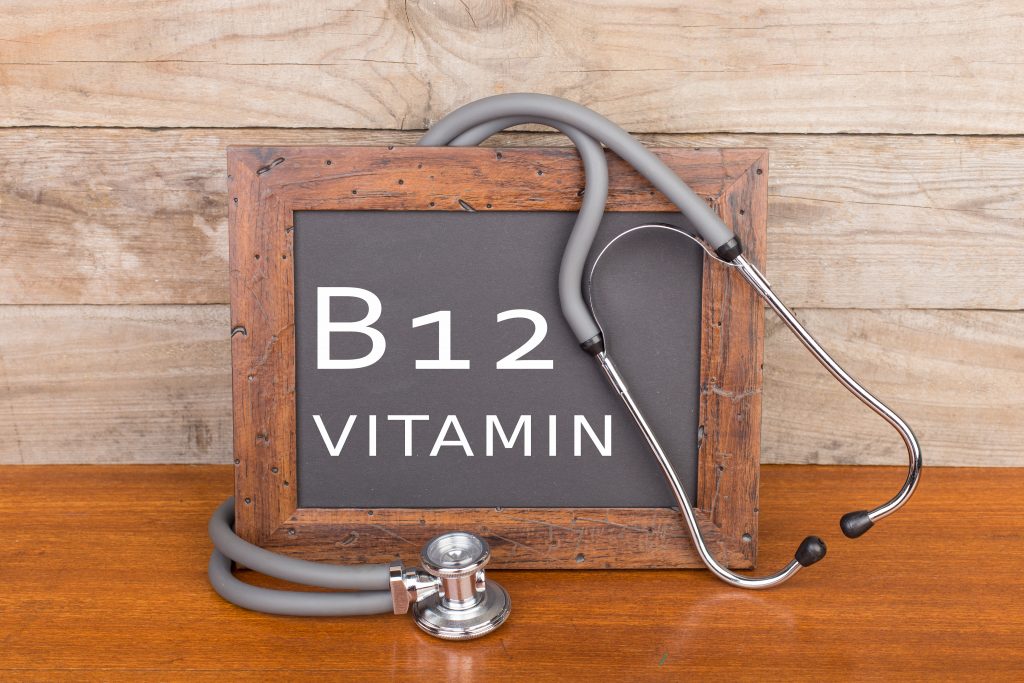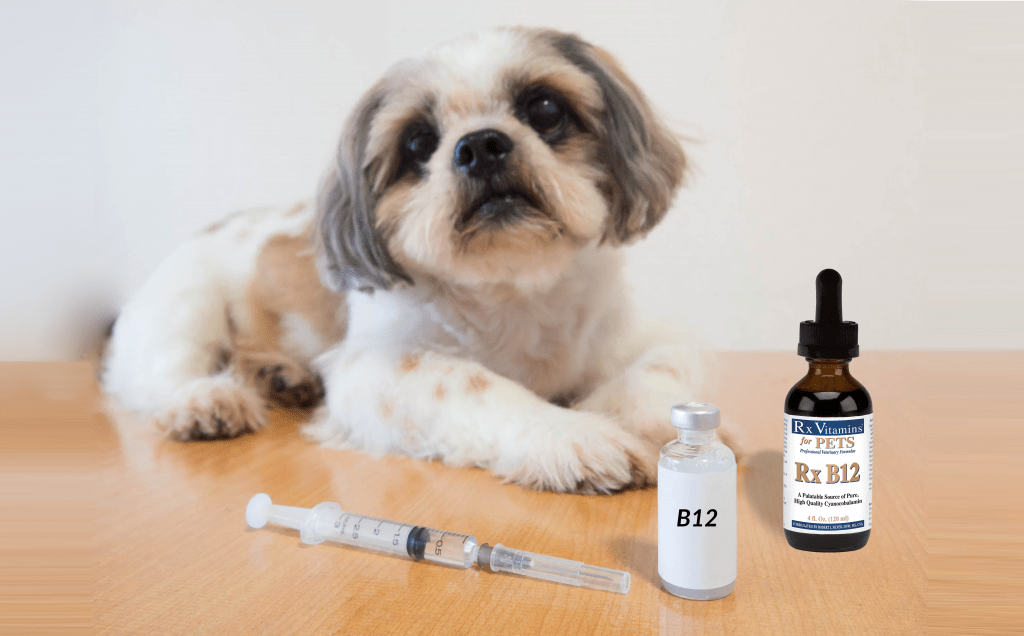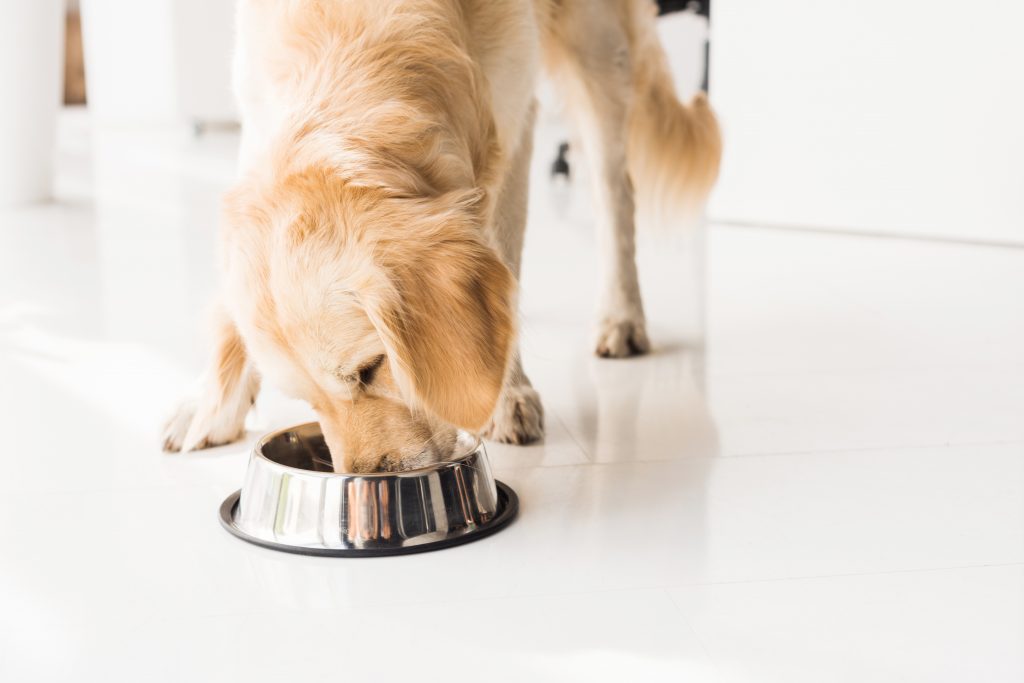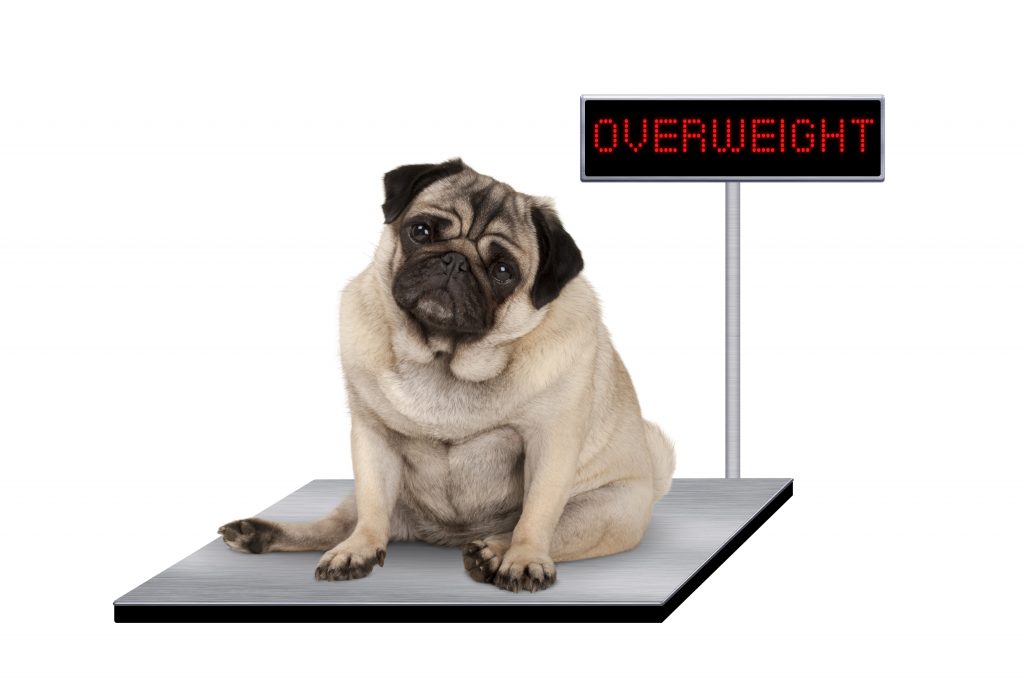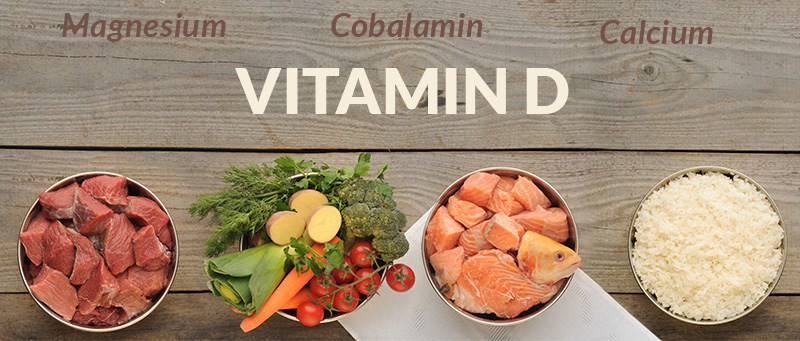
It is common practice to utilize the term “B12/folate” as if it were one, which makes sense when looking at their biological pathways. Both are required for the methylation of homocysteine to methionine. However when discussing sources and deficiencies, they are very different. Whereas the opportunities for cobalamin deficiency are numerous, folate deficiencies are far less common. […] Read more »


